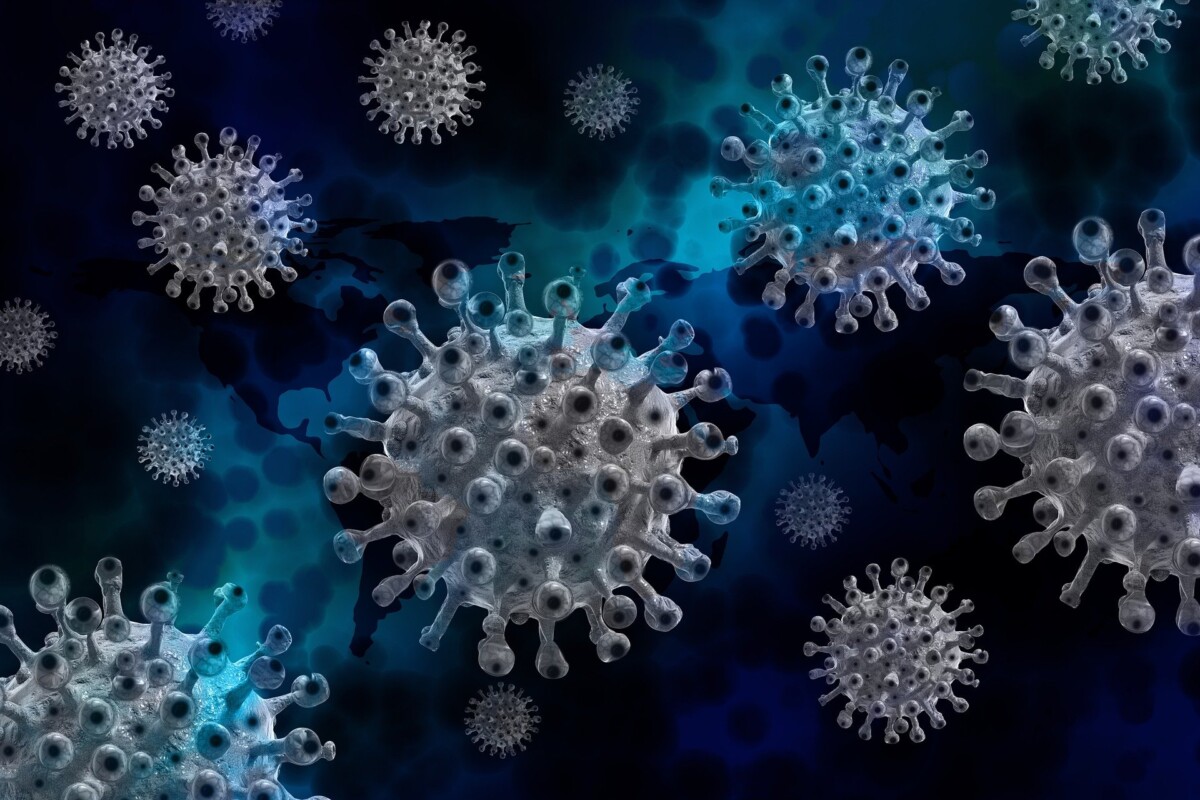A broad analysis of the immune systems of former corona patients suggests that they are protected against SARS-CoV-2 for at least eight months.
Once you get the coronavirus, are you protected against a new infection afterwards? It is a pressing question to which researchers are still trying to find an answer. Pretty soon there were indications that the antibodies that people produced in response to the infection decreased very quickly. But according to a new study these diminishing antibodies are actually not a disaster at all.
Antibodies
When you have contracted the coronavirus, your body produces antibodies to fight the virus. It was thought that these antibodies would ensure that you would be protected against the virus in the following months. However, several researchers soon discovered a dramatic drop in the amount of COVID-fighting antibodies in the post-infection period. And some feared that this decrease meant that the body could not properly defend itself against reinfection.
Normal
However, researchers from a new study state that a decrease in antibodies is quite normal. “Of course the immune response decreases to some extent over time, which is normal,” says researcher Alessandro Sette. “That’s what immune responses do. They have an initial phase of revival, after which they withdraw and reach a stable state. ”
Bloodstream
This does not mean that no more antibodies can be found in the body. The researchers discovered that virus-specific antibodies are still present in the bloodstream even in the months after infection. Importantly, the body also has immune cells called ‘memory B cells’. If a person is reinfected with the coronavirus, these memory B cells can be activated and produce antibodies to fight reinfection.
Fight
The SARS-CoV-2 virus uses so-called ‘spike proteins’ found on the outside of the virus to enter human cells. Therefore, the researchers looked in the blood of former corona patients for memory B cells that specifically target these spikes. The researchers found that memory B cells that specifically target these spikes actually increased in the blood six months after infection. In addition, former corona patients also had an army of T cells (a type of white blood cells that specialize in recognizing virus-infected cells) that are ready to fight a reinfection.
Eight months
Overall, the findings suggest that nearly all COVID-19 survivors have immune cells that are necessary to successfully fight a reinfection. In fact, the broad analysis of the immune systems of 188 former corona patients suggests that they are protected against SARS-CoV-2 for at least eight months. “Our data suggests that the immune response is there – and will remain,” Sette concludes. It means that survivors of COVID-19 are protected against COVID-19 for at least months and maybe even years after infection. “At least against a severe form,” emphasizes researcher Shane Crotty.
Warning
The team warns that protective immunity varies greatly from person to person. For example, people with a weak immune memory may be vulnerable to re-infection in the future or they may be at greater risk of infecting others. “Some people have very little immune memory,” says Crotty. “And perhaps those people are much more sensitive to reinfection.” “However, it appears that infected people are to some extent protected against reinfection,” adds Daniela Wieskopf. “How much protection has yet to be determined.”
The researchers will continue to analyze samples from COVID-19 patients over the next few months and continue to study the immune responses – also twelve to 18 months after the first symptoms appeared. In addition, the team is trying to understand how immune memory differs between people of different ages and how that can affect the severity of the disease. “In addition, we plan to evaluate the immune response not only after natural infection, but also after vaccination,” says Sette. In short, there is still a lot to discover.
–
Keep amazed ✨
Receive the most beautiful space photos and interesting popular science articles every Friday. Get the free Scientias Magazine together with 50,000 others.


